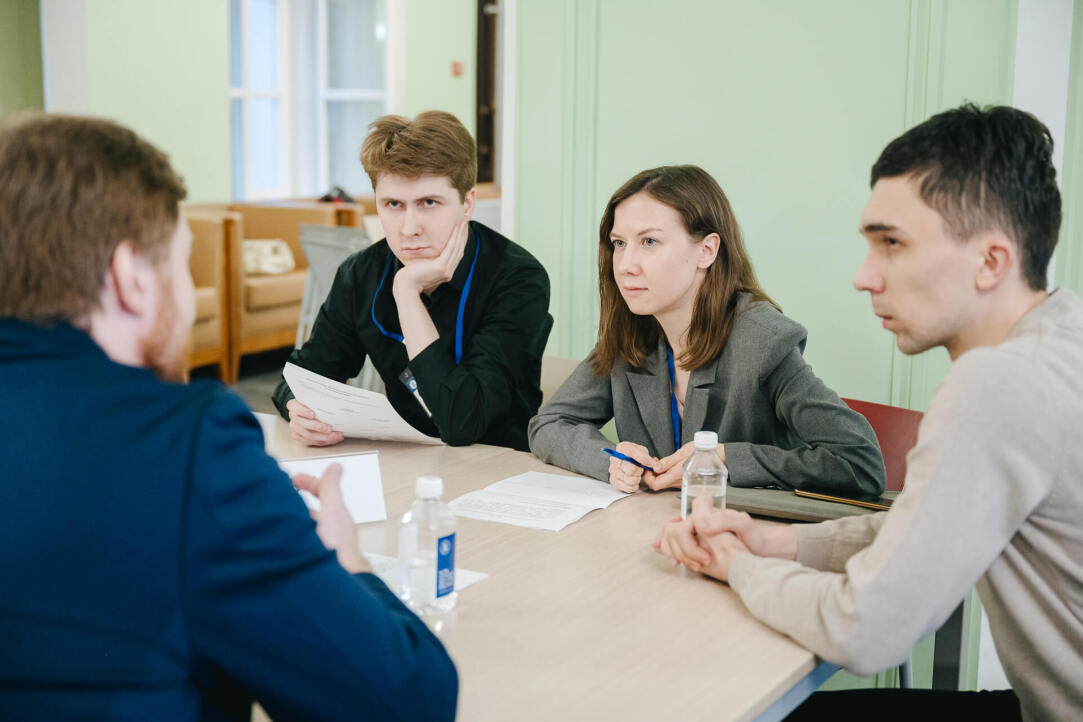Supervisors
Igor Sokolov
Coordinator, Research and Development Department
Goal of the project:
Developing technologies for neurodiagnostics, neuroadaptation, neuroreabilitation (3N technologies), and semantic space mapping; using these technologies as tools to reduce the number of neurogenic and psychological diseases or alleviate the consequences of such diseases.


